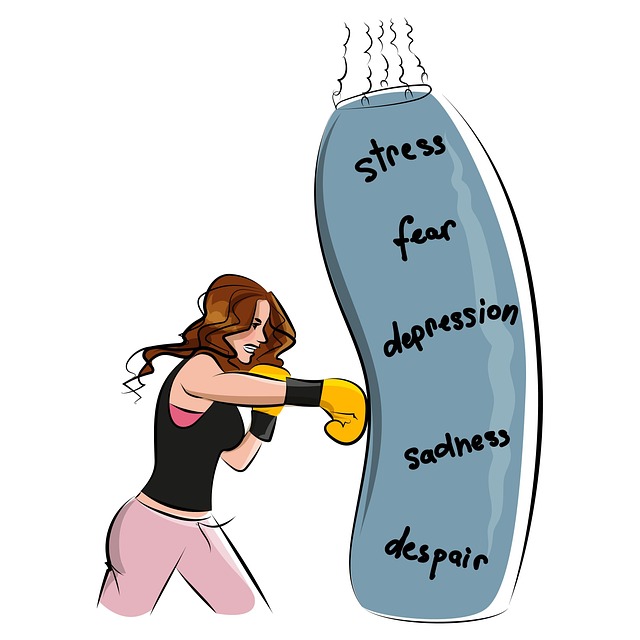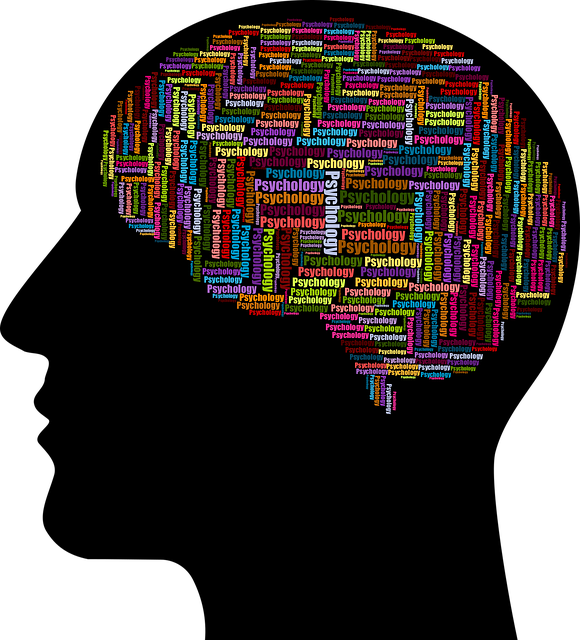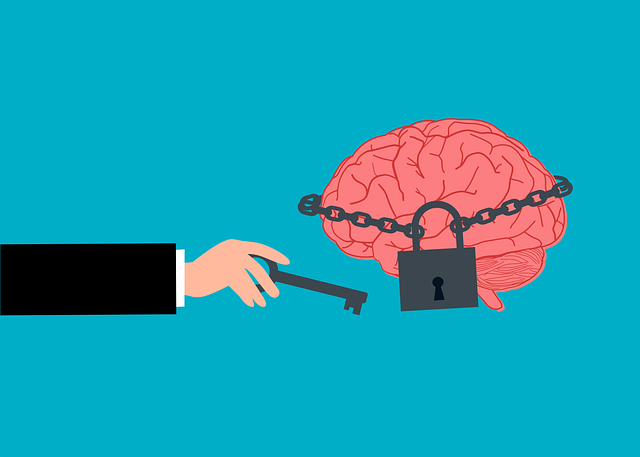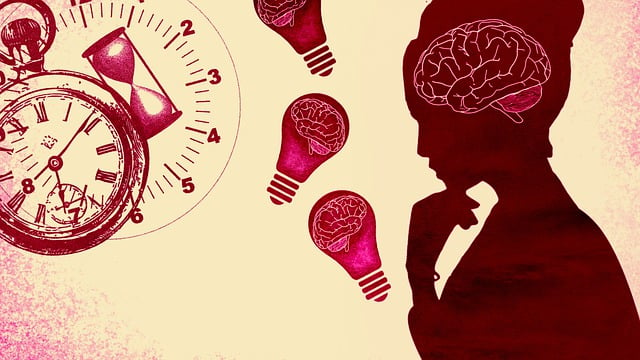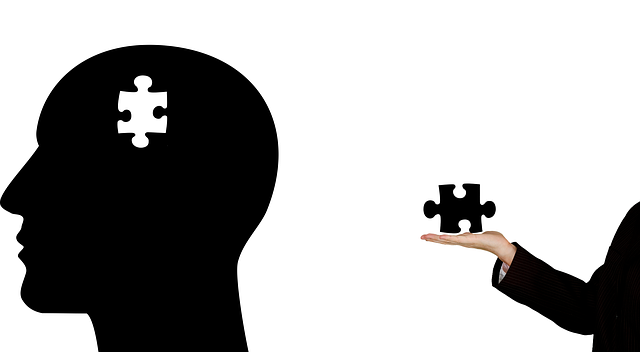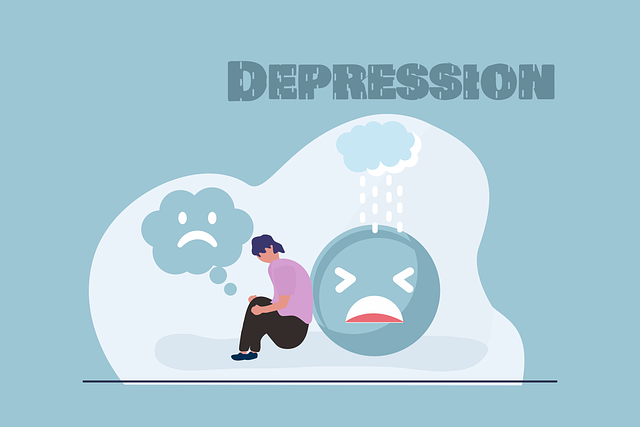Arvada Bipolar Disorder Therapy emphasizes emotion regulation techniques, including cognitive behavioral therapy (CBT), mindfulness practices, and self-care strategies, as key components in managing bipolar disorder. By teaching patients to challenge negative thought patterns, assess risks for safe environments, improve interpersonal skills, prioritize sleep, exercise, and balanced diets, and incorporate mindfulness meditation and deep breathing, this approach reduces the severity of manic and depressive episodes, enhances overall well-being, and empowers individuals in mental illness stigma reduction.
Emotion regulation techniques play a pivotal role in managing conditions like bipolar disorder, helping individuals gain control over their emotional responses. This article delves into the significance of these techniques and offers insights for both patients and therapists in Arvada. We explore effective strategies to teach emotional control, focusing on self-care practices integral to daily life for enhanced mood management. By understanding the impact on bipolar disorder, we empower folks in Arvada Bipolar Disorder Therapy to navigate their emotional landscapes more effectively.
- Understanding Emotion Regulation and Its Impact on Bipolar Disorder
- Effective Techniques for Teaching Emotional Control
- Implementing Self-Care Strategies in Daily Life for Better Mood Management
Understanding Emotion Regulation and Its Impact on Bipolar Disorder

Emotion regulation techniques play a pivotal role in managing and treating Bipolar Disorder, a condition characterized by extreme mood swings. This understanding is crucial for Arvada Bipolar Disorder Therapy, as it aims to empower individuals to navigate their emotional landscapes more effectively. By teaching patients how to recognize and moderate their emotions, therapy can significantly reduce the impact of manic and depressive episodes, leading to improved overall well-being.
One effective strategy within emotion regulation is fostering positive thinking, which helps individuals challenge negative thought patterns and build resilience. Additionally, risk assessment for mental health professionals is essential to ensure safe and supportive environments during therapy. Social skills training also forms a critical component, enabling patients to enhance their interpersonal interactions and create a robust support network, vital for managing the challenges of bipolar disorder.
Effective Techniques for Teaching Emotional Control

Teaching emotional control is a crucial aspect of helping individuals manage their emotions effectively, especially those dealing with mental health challenges such as bipolar disorder. In Arvada Bipolar Disorder Therapy, several techniques have proven beneficial for patients to gain better insight and regulation over their feelings. One powerful method is cognitive behavioral therapy (CBT), which enables clients to identify and challenge negative thought patterns contributing to emotional distress. By learning to replace these thoughts with more balanced perspectives, individuals can prevent escalation into crises.
Additionally, mindfulness practices play a significant role in crisis intervention guidance. Encouraging patients to focus on the present moment and accept their emotions non-judgmentally helps reduce impulsive reactions. This coping skills development fosters self-awareness and empowers individuals to navigate their emotional landscapes with greater ease. Integrating these evidence-based strategies into therapy sessions can significantly enhance a patient’s ability to manage symptoms, improve overall well-being, and promote a sense of empowerment in their mental illness stigma reduction efforts.
Implementing Self-Care Strategies in Daily Life for Better Mood Management

Implementing self-care strategies is an essential aspect of managing emotions and maintaining good mental health, especially for individuals navigating bipolar disorder or struggling with anxiety. In daily life, simple yet powerful practices can significantly impact mood regulation. For instance, prioritizing adequate sleep, engaging in regular physical exercise, and adopting a balanced diet are fundamental to stabilizing emotions. These routines contribute to the body’s natural rhythm, helping to mitigate extreme emotional shifts.
Additionally, techniques like mindfulness meditation and deep breathing exercises offer effective tools for stress reduction and anxiety relief. Incorporating moments of stillness and focusing on one’s breath allows individuals to gain control over their reactions and foster a sense of calm. When incorporated into daily routines, these self-care practices can prevent burnout and promote emotional well-being, ultimately supporting the management of bipolar disorder symptoms or reducing anxiety levels.
Emotion regulation techniques play a pivotal role in managing conditions like bipolar disorder, as evidenced by the success of Arvada Bipolar Disorder Therapy. By understanding the impact of emotional control on mental health and implementing effective teaching strategies, individuals can gain valuable tools to navigate their emotions. Integrating self-care strategies into daily routines further enhances mood management, offering a holistic approach to well-being. With dedication and practice, these techniques empower individuals to lead more balanced and fulfilling lives.
